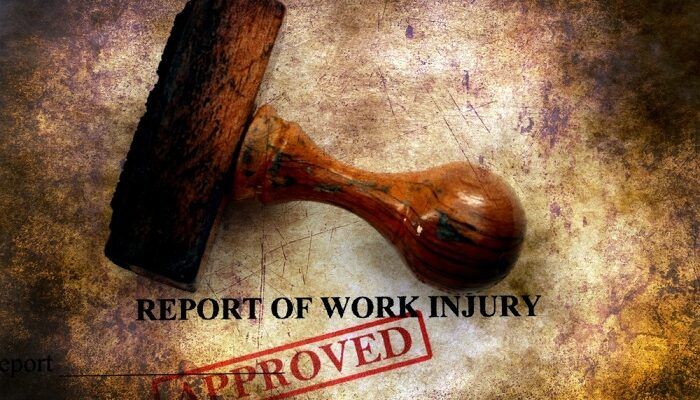A presumption is a legal concept that shifts the burden of proof in an injury claim from the employee to the employer. The presumption shift generally applies to employees in occupations that present unique work conditions. When an injury is covered by a presumption law, the employer has a large legal burden to prove the injury is not work related.
The attorneys with Althauser Rayan Abbarno provide free legal consultation for injured workers by calling (360) 736-1301 or visit www.CentraliaLaw.com.
First Responders
RCW 51.32.185 grants a prima facie presumption to qualifying firefighters, law enforcement officers that certain medical and psychological conditions are an occupational disease under RCW 51.08.140.
For qualified firefighters, this includes (i) respiratory disease; (ii) any heart problems, experienced within seventy-two hours of exposure to smoke, fumes, or toxic substances, or experienced within twenty-four hours of strenuous physical exertion due to firefighting activities; (iii) certain cancers; (iv) certain infectious diseases, and (v) posttraumatic stress disorder.
For qualified law enforcement officers, this includes (i) posttraumatic stress disorder, (ii) any heart problems, experienced within seventy-two hours of exposure to smoke, fumes, or toxic substances, or experienced within twenty-four hours of strenuous physical exertion in the line of duty; and (iii) infectious diseases.
The presumption can be overcome by a preponderance of evidence that established the condition was not caused by exposures in the course of employment. There are service requirements, specific timelines, and other qualifying criteria detailed in RCW 51.32.185 that should be closely reviewed. And if a decision involving the presumptions of this statute is appealed to the Board of Industrial Insurance Appeals or any court and the final decision allows the claim, the prevailing first responder is awarded attorney fees and costs of the appeal. RCW 51.32.185(9).
Frontline Workers
Employees working in industries ranging from healthcare and retail to hospitality and education and in-person Department of Licensing (SB 5875) — have a presumption that any infectious or contagious diseases that are transmitted through aerosols or respiratory droplets, or through contact with contaminated surfaces, and are the subject of a public health emergency, are occupational diseases.
The presumptions have some limitations — it does not apply to all diseases. For example, if there is an Ebola outbreak and the governor declares a state of emergency, Ebola will not be considered an occupational disease because it is not a respiratory disease. However, if the disease is COVID-19 or whooping cough, then it will be considered an occupational disease rebuttable only by a preponderance of the evidence that 1) the exposure to the disease did not occur at work, 2) the employee was working from home, or 3) the employee was on leave for a period of quarantine. In Washington workers’ compensation, this is the “more probable than not” standard with which we are all familiar. In other words,
Hanford Site Workers
Similarly, effective March 11, 2022, RCW 51.32.187 provides a prima facie presumption that certain diseases and conditions are occupational diseases under RCW 51.08.140. This includes (a) Respiratory disease, except communicable diseases; (b) Any heart problems, experienced within seventy-two hours of exposure to fumes, toxic substances, or chemicals at the site; (c) certain cancers for qualified workers2, (d) Beryllium sensitization, and acute and chronic beryllium disease; and (e) Neurological disease, except communicable diseases.
Like the first responder presumptions, the employer/insurer can rebut the prima facie case, but standard is more severe, requiring clear and convincing evidence to succeed. Attorney fees and costs are similarly awarded to the prevailing worker in Hanford presumption cases as well.

Schedule your FREE Workers’ Compensation Consultation
For a FREE workers’ compensation consultation with our injury attorneys in Olympia or Centralia, please call (360) 736-1301 or visit www.CentraliaLaw.com


Recent Comments